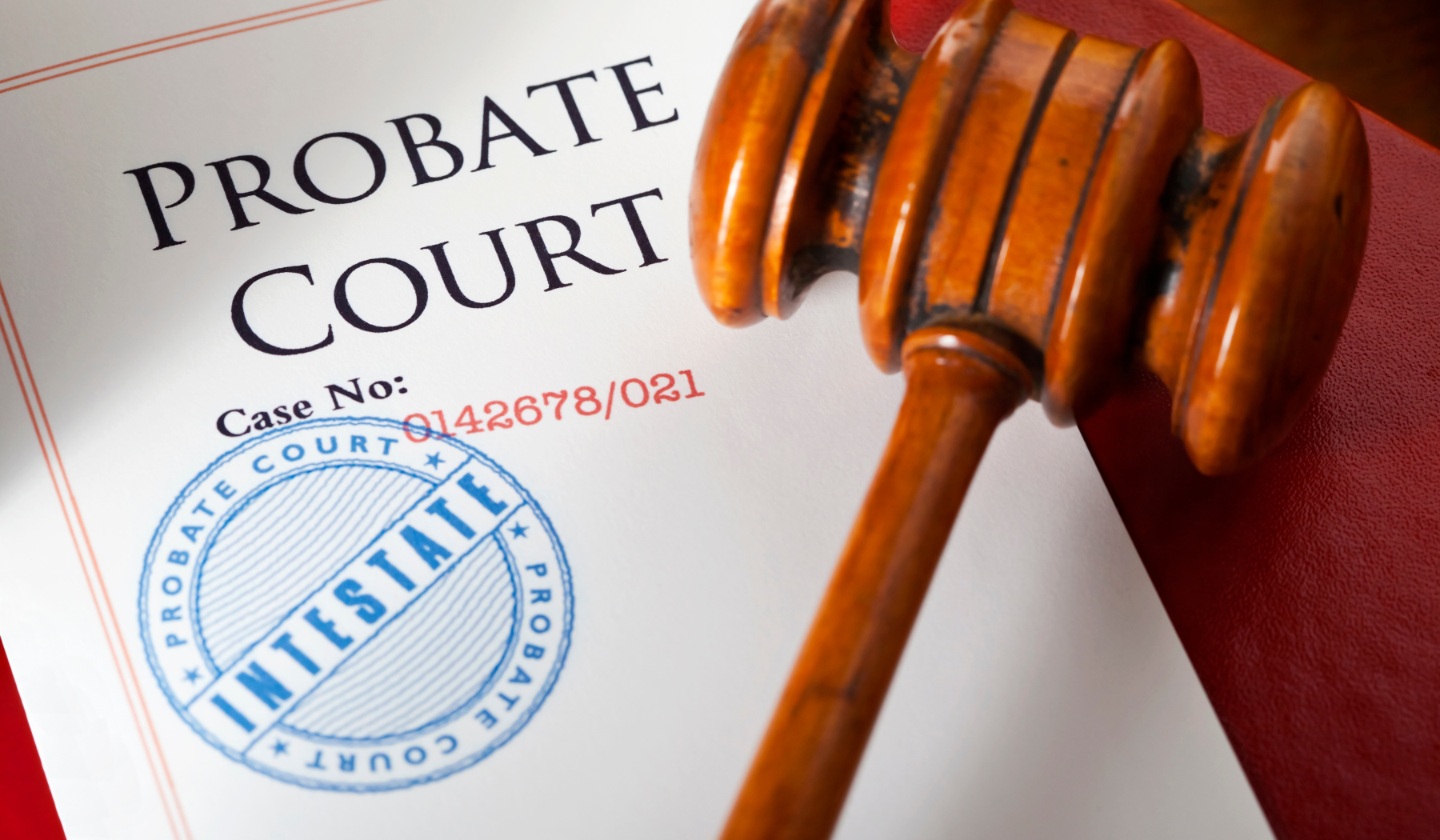
One of the questions we hear most often sounds something like this: “But we had a will. Doesn’t that mean we get to skip probate?”
It is a natural misunderstanding, yet it can cost families time, money, and peace of mind after a loss. A will is important, but it does not keep your loved ones out of court.
What Probate Actually Is
Probate is the legal process for settling an estate after someone passes away. It involves:
- Verifying that the will is valid
- Appointing a personal representative or executor
- Taking inventory of assets
- Paying debts, taxes, and court fees
- Distributing what remains to the beneficiaries
Depending on the size of the estate, local laws, and family dynamics, probate can last many months or even years. It is public, often expensive, and usually more stressful than families expect.
Why a Will Does Not Skip the Court
A will is a letter to the probate judge. It explains your wishes but still requires the court to make them happen. The judge must approve the executor, oversee every step, and ensure everything follows the law. A will offers direction, yet it does not provide privacy or speed.
How to Avoid Probate
If you wish to spare your family the court process, your estate plan should work outside of probate. Common strategies include:
- A fully funded revocable living trust
- Joint ownership with rights of survivorship
- Pay-on-death or transfer-on-death accounts
- Beneficiary designations for life insurance and retirement assets
These tools move assets directly to beneficiaries without court oversight, but they must be set up correctly and updated as life changes.
Start with the Right Understanding
A will is valuable, yet it is not the shortcut many believe it to be. If your goal is to protect your family from delays, costs, and extra stress, your estate plan should keep assets out of probate altogether.
Have questions about your options? Register for a Workshop and let us walk you through what a will can and cannot do, along with the steps that give your family lasting peace of mind.


